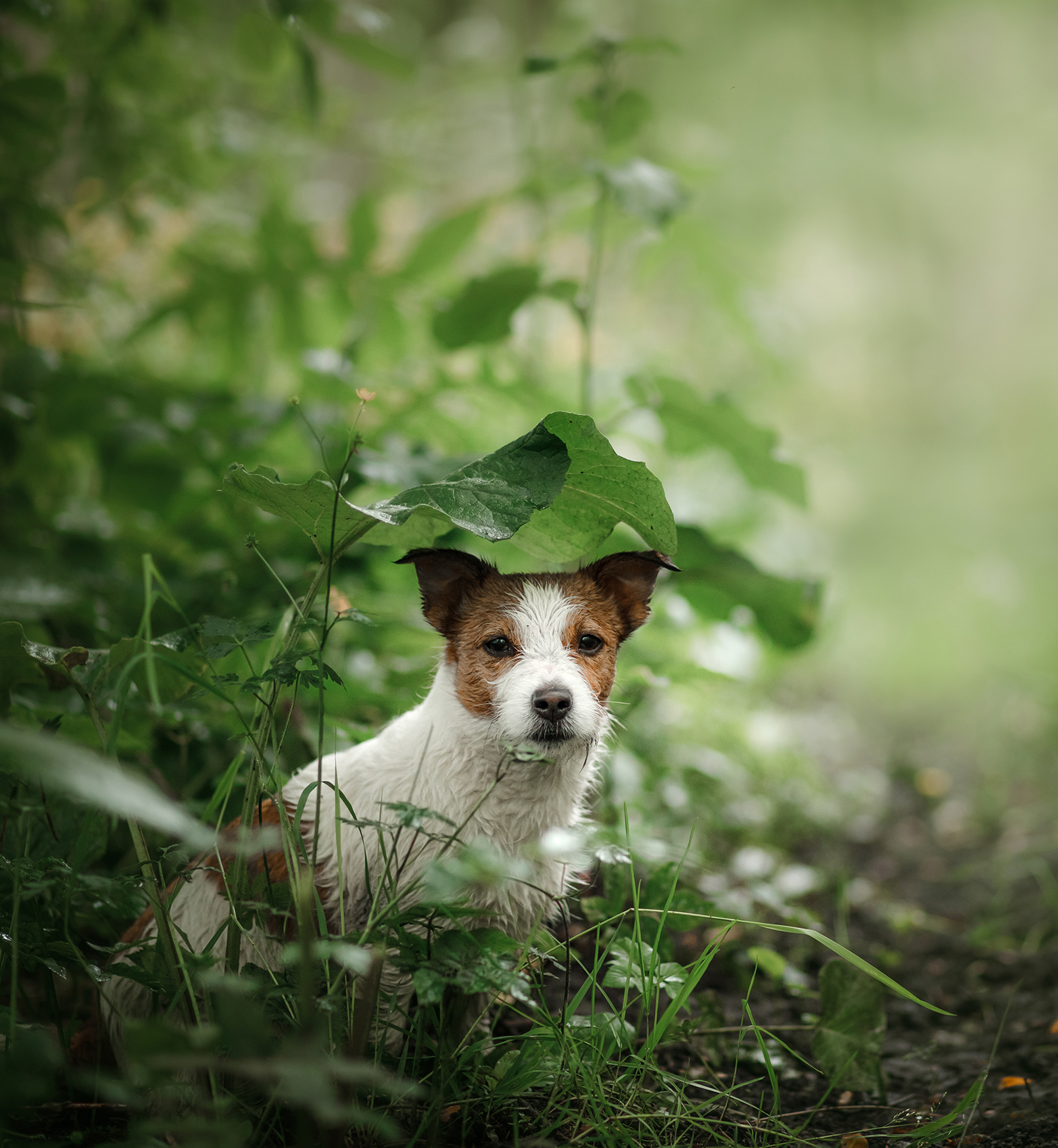
Caring for Pets During the Monsoon: Essential Tips for a Safe and Healthy Season
The monsoon season brings challenges like humidity, infections, and limited outdoor time for pets. This blog covers essential tips for keeping your pet dry, healthy, and active during the rainy season. Learn about hygiene, diet, exercise modifications, and health precautions to ensure your furry friend stays comfortable and safe throughout the monsoon!
Document:
The monsoon season brings cooler temperatures and much-needed relief from the summer heat, but it also presents challenges for pet parents. Increased humidity, waterborne diseases, and infections can put your pet’s health at risk. Proper care and precautions can ensure your furry friend stays comfortable, dry, and healthy during the rainy season.
Here’s a complete guide on caring for pets during the monsoon, covering everything from diet and hygiene to exercise and health concerns.
1. Keep Your Pet Dry and Comfortable
- Dry your pet thoroughly after walks, especially their paws, ears, and belly.
- Use a towel or pet dryer to remove moisture and prevent fungal infections.
- If your pet gets wet, change their bedding to keep their resting area dry and warm.
- Avoid letting them sit or sleep on cold, damp floors.
2. Protect Against Fleas and Ticks
- Humidity increases flea and tick infestations, so check your pet’s coat regularly.
- Use vet-approved flea and tick preventives such as shampoos, sprays, or spot-on treatments.
- Keep your pet’s bedding and living area clean to reduce breeding grounds for parasites.
3. Maintain Hygiene and Grooming
- Trim your pet’s fur to prevent matting and moisture retention.
- Clean their paws after every walk to remove dirt, bacteria, and chemicals from wet roads.
- Check their ears for moisture buildup, as this can lead to ear infections.
Tip: Use pet-friendly antiseptic wipes for quick cleaning after outdoor play.
4. Adjust Their Diet for Better Immunity
- Feed your pet a light, easily digestible diet to prevent stomach issues.
- Include probiotics like curd or buttermilk to boost gut health.
- Add turmeric, ginger, and coconut oil to meals for their antibacterial and anti-inflammatory benefits.
- Ensure fresh, clean drinking water is always available to prevent waterborne illnesses.
5. Prevent Monsoon-Related Infections
- Avoid letting your pet drink from puddles or stagnant water, as these can carry bacteria and viruses.
- Keep their paws and underbelly dry to prevent fungal infections.
- If your pet shows signs of coughing, sneezing, diarrhea, or lethargy, consult a vet immediately.
6. Modify Outdoor Walks and Exercise
- Avoid walking your pet during heavy rains to prevent getting soaked and catching a cold.
- If outdoor walks are difficult, engage them in indoor activities like puzzle toys, obedience training, or interactive games.
- Use a raincoat or waterproof boots if your pet is comfortable wearing them.
7. Keep Their Shelter Dry and Warm
- If your pet sleeps outdoors, ensure their shelter is waterproof and elevated to avoid waterlogging.
- For indoor pets, keep their bedding dry and warm, changing it regularly to prevent moisture buildup.
- Use dehumidifiers or fans to reduce excess moisture in the air, preventing fungal growth.
8. Monitor for Seasonal Allergies
- Some pets develop skin allergies due to damp conditions. Watch out for itching, redness, or excessive licking.
- Bathe them with antifungal or medicated shampoos if prescribed by your vet.
- Consult a vet if your pet shows signs of persistent itching or skin irritation.
9. Provide Mental Stimulation Indoors
- Rainy days can limit outdoor time, so keep your pet engaged indoors.
- Try puzzle toys, hide-and-seek games, or obedience training for mental stimulation.
- Spending quality time with your pet reduces boredom and anxiety.
10. Prepare for Emergencies
- Keep your vet’s contact details handy in case of health concerns.
- Ensure your pet has an ID tag or microchip in case they get lost during storms.
- Have a monsoon emergency kit with essentials like towels, antiseptics, pet-safe disinfectants, and medications.
Final Thoughts
The monsoon season requires extra care for your pets to keep them dry, healthy, and happy. By focusing on hygiene, diet, exercise, and health monitoring, you can ensure your furry friend enjoys the rainy season safely.


